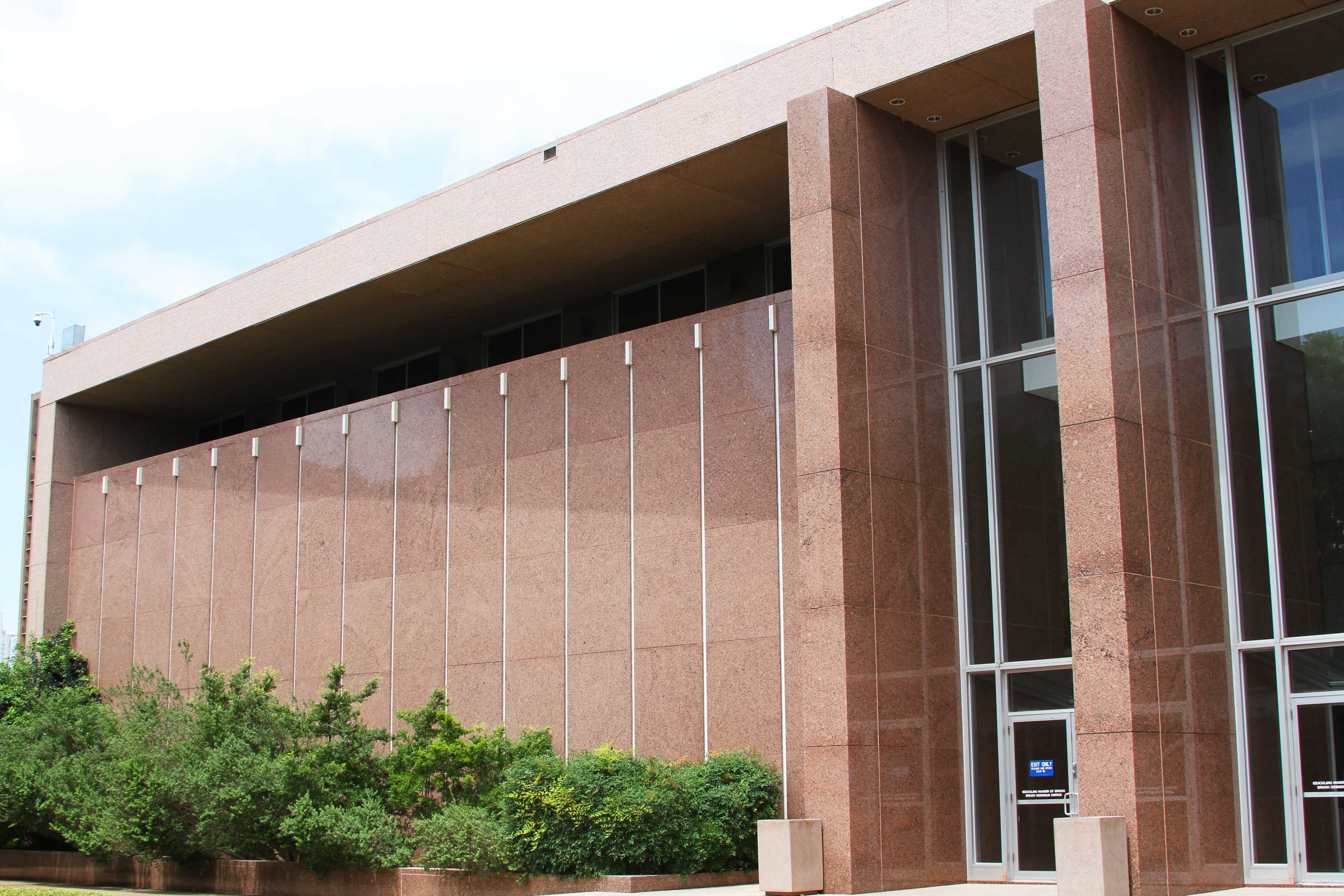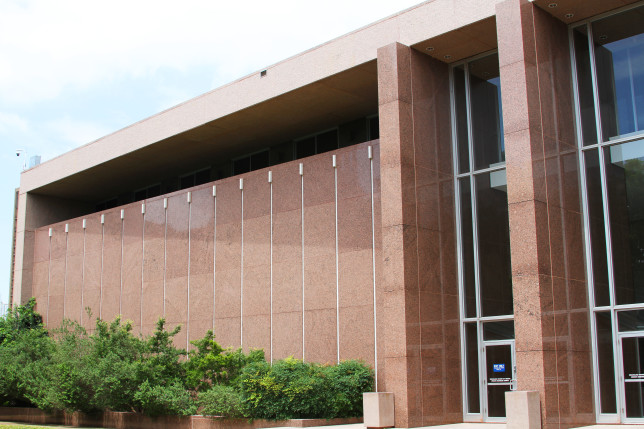Ex parte Barnaby
WR-80,099-01
Case Summary written by Pedro Leyva, Staff Member.
Applicant, Kemos Marque Barnaby, applied for a writ of habeas corpus after discovering that the forensic technician who analyzed the applicant’s seized substance in one the cases the State had against him, was known to have falsified test results. The applicant had previously taken a guilty plea in a package deal to four separate offenses of possession of a controlled substance with intent to deliver and was sentenced to four concurrent fifty-year sentences.
The applicant argued that because of the forensic technician’s misconduct and false report, his guilty plea was involuntary. In order to prove a false-evidence habeas corpus claim, the applicant had to show that the evidence used in the case was false and that it was material. The court previously held that in technician-misconduct cases:
an applicant can establish that a laboratory technician’s sole possession of a substance and testing results derived from that possession are unreliable, and we will infer that the evidence in question is false, if the applicant shows that: (1) the technician in question is a state actor, (2) the technician has committed multiple instances of intentional misconduct in another case or cases, (3) the technician is the same technician that worked on the applicant’s case, (4) the misconduct is the type of misconduct that would have affected the evidence in the applicant’s case, and (5) the technician handled and processed the evidence in the applicant’s case within roughly the same period of time as the other misconduct.
If the applicant meets the falsity of the evidence requirement, he must still prove that the false evidence was material to his decision to plead guilty.
Since most false evidence cases involve the use of false testimony at trial, the court analyzed the falsity of the evidence in a manner similar to that used when determining the materiality of ineffective assistance of counsel to a decision to plead guilty. The voluntariness of a plea when a defendant alleges ineffective assistance of counsel turns on: “(1) whether counsel’s advice was within the range of competence demanded of attorneys in criminal cases and if not, (2) whether there is a reasonable probability that, but for counsel’s errors, he would not have pleaded guilty and would have insisted on going to trial.”
Applying the technician-misconduct test outlined above, the court found that the applicant was able to establish an inference of falsity and that the state had failed to overcome that inference. The court next examined the materiality the false evidence had in the applicant’s decision to take the guilty plea. The materiality of false evidence is measured by the impact, if any, it had on the defendant’s decision to plead guilty. In determining the voluntariness of the plea, the court noted that the question is whether there is a reasonable likelihood that the false evidence affected the applicant’s decision to plead guilty, not whether it affected the conviction or sentence. If the applicant would have chosen to go to trial had he known the falsity of the evidence, then the false evidence was material.
In the case at issue, the applicant was indicted for possession of cocaine with intent to deliver in the amount of one gram or more but less than four grams. The applicant was treated as a habitual offender because he had at least two prior felony convictions. In this same case, the applicant was charged with three additional charges of possession with intent to deliver cocaine in a drug-free zone. As part of his plea deal, the state waived the drug free-zone finding on his other three judgments. The court found that even if the state had decided to dismiss the case for the falsity of the evidence, the state still had the other three cases against the applicant. Further, the waiver of the state’s drug-free-zone finding markedly affected applicant’s parole eligibility. Therefore, the applicant’s assertion that he would not have plead guilty had he known the falsity of the report was unpersuasive as to materiality.
The court held that, by a preponderance of the evidence, the value of the plea bargain outweighed the value of knowing that the laboratory report in this case was false. Relief was denied.


